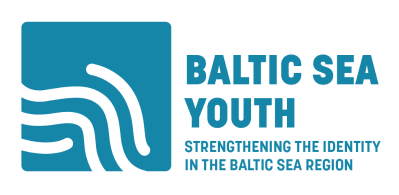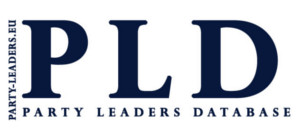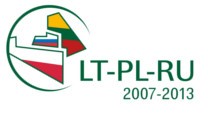 Jacek Więcławski
Jacek Więcławski
Understanding Realism in Contemporary International Relations. Beyond the Structural Realist Perspective
Nomos Verlag, 2019, ss. 234.
ISBN (print): 978-3-8487-5787-9
ISBN (online): 978-3-8452-9875-7
DOI: https://doi.org/10.5771/9783845298757
Spis treści:
Introduction Seite 7–20
Chapter I
The Evolution of the Realist Paradigm During the Cold War – Hans J. Morgenthau and Beyond Seite 21–77
I.1. Hans J. Morgenthau and the Nuances of his Theoretical Considerations
I.2. Kenneth N. Waltz and the Essence of the Structural Realist Understanding of International Politics
I.3. Theories of Hegemonic Rivalry and Hegemonic Change in the International System
I.4. Similarities and Differences in Realist Assumptions. Defining the Core of the Realist Paradigm
Chapter II
Realism and the End of the Cold War – Explanation, Experiences, Challenges Seite 78–136
II.1. Realism and the End of the Cold War – in Search of the Realist Theoretical Perspective
II.2. Realism and the End of the Cold War – Outlining the Realist Explanation
II.3. The Realist Explanation of the Cold War’s Ending – Criticism and Response
II.4. Realism and its Experiences from the Cold War’s Ending. The Challenges for the Post-Cold War Period
Chapter III
Realism and the Reality of Post-Cold War International Relations Seite 137–202
III.1. Structural Realism in Post-Cold War International Relations
III.2. Neoclassical Realism and the Interaction between the Systemic and Domestic Determinants of a State’s Foreign Policy
III.3. Hegemonic Rivalry Theories and the Post-Cold War International Order
Conclusion Considering the Way Forward for Contemporary Realism Seite 203–220
References Seite 221–232
Author Seite 233–234













